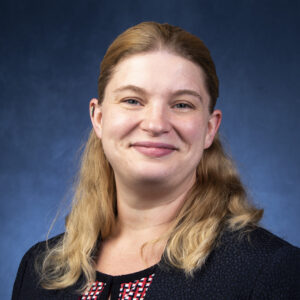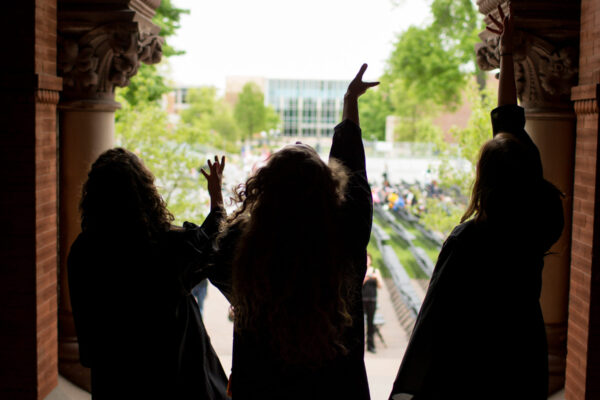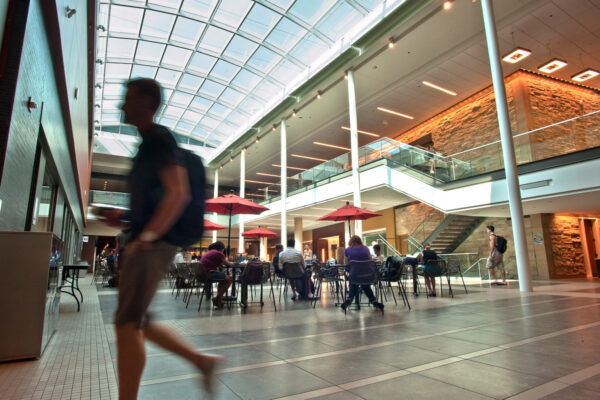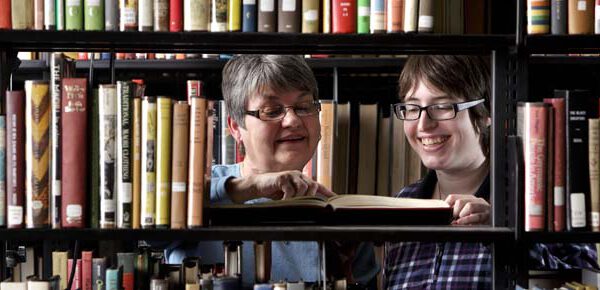By Lindsey P. Myers
While launching a new program requires a great deal of thinking and planning, few would have imagined the sudden emergence of the global pandemic that upended all our well laid plans in 2020 and 2021. Fortunately, the inaugural cohort of the ACE Learner Success Lab (LSL) not only pivoted successfully to a virtual environment, but learned to collaborate and thrive.
The LSL is part of a suite of Transformation Labs ACE offers to guide colleges and universities through a structured and comprehensive strategic planning process. The program places particular emphasis on career readiness and life design, which complement a traditional focus on persistence and completion. We also take into account each participating institution’s unique mission and student population to help them pursue an inclusive vision of learner success.
Reflecting on this first wholly virtual year of the LSL, three themes emerge that other higher education practitioners might find useful.
A comprehensive strategic approach to learner success works. The Learner Success Lab was an experiment born of ACE’s well-honed process for institutional transformation and our members’ expressed need for support as they continue to shift their focus from access to completion. Conceived in 2019 amid reports of stagnant completion rates and employers’ demand for college-educated workers, ACE’s Model for Comprehensive Learner Success and the LSL process have made an immediate impact for the 10 institutions in our first cohort.
For example, Labouré College administered the LSL’s self-study assessment and identified the need to increase their investment in academic support. By strengthening and elevating the office of academic support and aligning it with other functional areas of the college, Labouré has been able to better meet the needs of its learners, who are mostly working adults, students of color, student parents, and/or Pell-Grant-eligible.
Knowing our model for organizational change applies more broadly brings renewed energy to the effort of replicating these results and improving the program. Ardis Eschenberg, chancellor of Windward Community College in Hawaii, described the LSL as “an exercise in hope-building…for us the Learner Success Lab has been about instilling hope and focusing on mission at a time that is full of darkness and reactivity.”
Disruption demands both flexibility and structure. If I had just one word to summarize everything we’ve experienced this past year and a half, it would have to be “disruptive.” This is true for us individually, but writ large for us as educators, learners, and stakeholders in higher education.
Our daily routines were thoroughly interrupted, as were the social structures these daily routines reflect and reinforce. The modes of instruction and operating models that have endured largely unchanged for decades or even centuries became irrelevant or insufficient in a matter of weeks as the pandemic raged. But as I and others have written, the pandemic did not create many of these issues, it merely exposed systemic inequities that have always existed in our society and the false dichotomies that have grown up around them. However, It has also granted a license to change to a sector not traditionally known or well-equipped for agility in times that will undoubtedly continue to produce rapid change.
While such disruption requires flexibility to absorb the shock and respond effectively, it also requires structure—a solid core that does not crumble and grounds actions moving forward. I believe it is the balance of structure and flexibility that our model for comprehensive learner success strikes that has resonated so much with Lab participants.
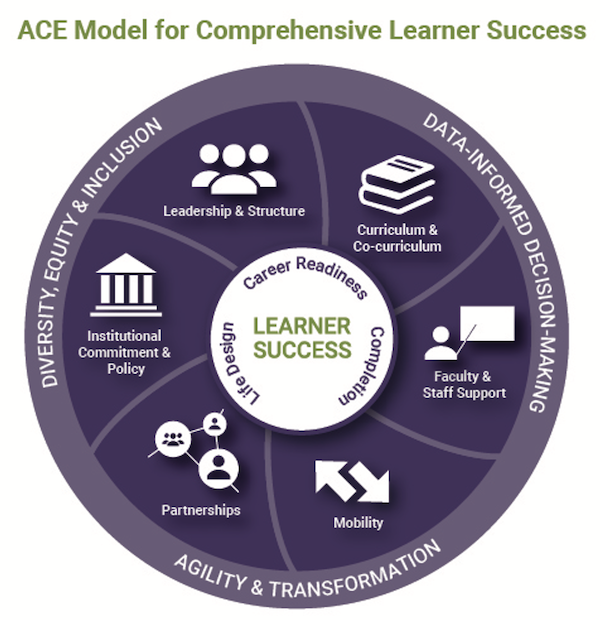
Southeast Missouri State University’s strategic plan was due for a refresh in the 2020-21 academic year, but COVID-19 threatened to derail this effort. SEMO’s work in the LSL helped to keep them focused on the three critical areas of student success, academic excellence, and inclusion while building their institutional agility to successfully navigate the pandemic. SEMO will cap its LSL engagement with a strategic action plan that will drive its post-pandemic work to improve learner success.
We’ve achieved critical mass. Compared to the early days of the LSL, the narratives I’ve been hearing lately from faculty, staff, and administrators have taken on a markedly different tone. Opportunities to improve learner success have become obligations—moral imperatives to fulfill the democratic promise of higher education, as well as economic necessities for strategic enrollment management. The confluence of crisis with longstanding inequities and decades-in-the-making structural changes to our economy, society, and climate has created the circumstances necessary to create meaningful change in higher education—high quality, affordable programming that stacks and transfers seamlessly, adding value throughout the lifecycle of learners’ personal, professional, and civic engagement.
As we launch the new cohort, I’m humbled by the incredible energy amassing around learner success among our member institutions, our partner organizations, on Capitol Hill, and in public discourse. But mostly, I’m optimistic. The innovation and determination that has been ushered in by the completion crisis and the pandemic show that higher education is ready to step up and face these challenges.
I look forward to seeing how Cohort 2, which began work this fall, builds on these lessons learned and what new wisdom we earn in our second year and beyond.
If you have any questions or comments about this blog post, please contact us.
